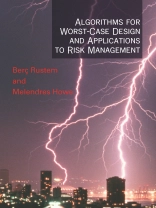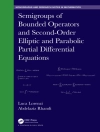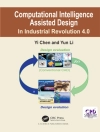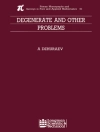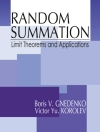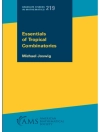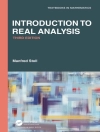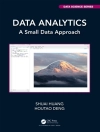Recognizing that robust decision making is vital in risk management, this book provides concepts and algorithms for computing the best decision in view of the worst-case scenario. The main tool used is minimax, which ensures robust policies with guaranteed optimal performance that will improve further if the worst case is not realized. The applications considered are drawn from finance, but the design and algorithms presented are equally applicable to problems of economic policy, engineering design, and other areas of decision making.
Critically, worst-case design addresses not only Armageddon-type uncertainty. Indeed, the determination of the worst case becomes nontrivial when faced with numerous–possibly infinite–and reasonably likely rival scenarios. Optimality does not depend on any single scenario but on all the scenarios under consideration. Worst-case optimal decisions provide guaranteed optimal performance for systems operating within the specified scenario range indicating the uncertainty. The noninferiority of minimax solutions–which also offer the possibility of multiple maxima–ensures this optimality.
Worst-case design is not intended to necessarily replace expected value optimization when the underlying uncertainty is stochastic. However, wise decision making requires the justification of policies based on expected value optimization in view of the worst-case scenario. Conversely, the cost of the assured performance provided by robust worst-case decision making needs to be evaluated relative to optimal expected values.
Written for postgraduate students and researchers engaged in optimization, engineering design, economics, and finance, this book will also be invaluable to practitioners in risk management.
Giới thiệu về tác giả
Berç Rustem is Professor of Computational Methods in Operations Research at the Imperial College of Science, Technology, and Medicine, London, and the author of
Projection Methods in Constrained Optimisation and Applications to Optimal Policy Decisions and Algorithms for Nonlinear Programming and Multiple-Objective Decisions.
Melendres Howe, a doctoral graduate of Imperial College, is currently a Treasury Officer at the Asian Development Bank. Previously, she worked in the City of London, as Senior Analyst at a Nomura and Vice President (Currency) at JP Morgan.
